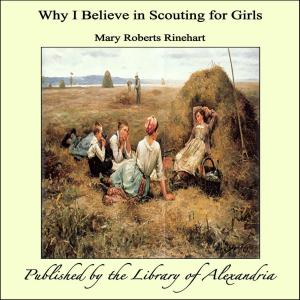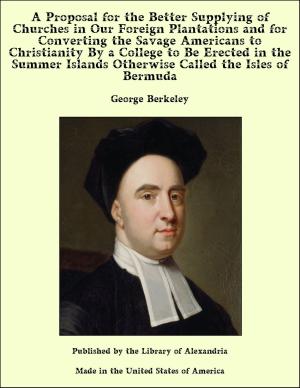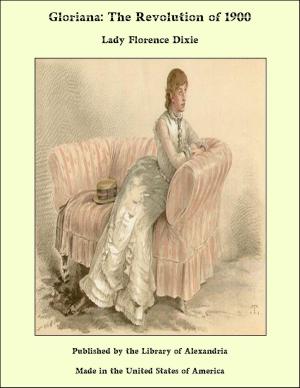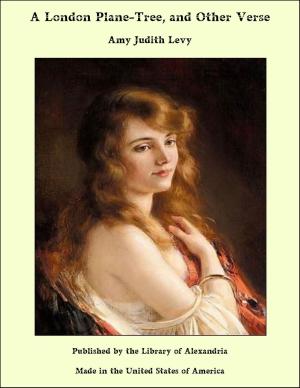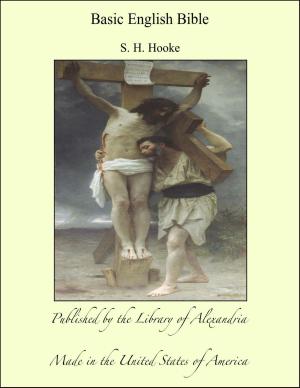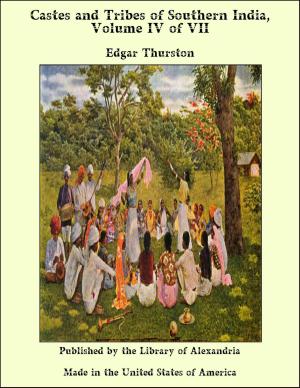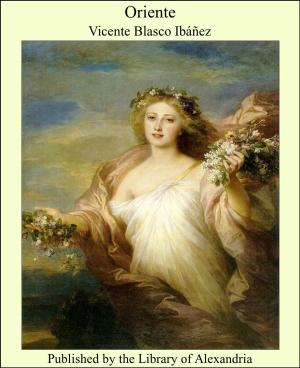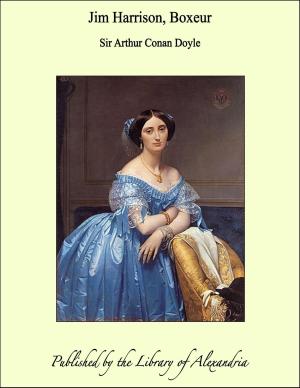| Author: | John Cordy Jeaffreson | ISBN: | 9781465533715 |
| Publisher: | Library of Alexandria | Publication: | March 8, 2015 |
| Imprint: | Language: | English |
| Author: | John Cordy Jeaffreson |
| ISBN: | 9781465533715 |
| Publisher: | Library of Alexandria |
| Publication: | March 8, 2015 |
| Imprint: | |
| Language: | English |
Properly treated and fully expanded, this subject of "the stick" would cover all the races of man in all regions and all ages; indeed, it would hide every member of the human family. Attention could be called to the respect accorded in every chapter of the world's history, sacred and profane, to the rabdos—to the fasces of the Roman lictors, which every school-boy honours (often unconsciously) with an allusion when he says he will lick, or vows he won't be licked,—to the herald's staff of Hermes, the caduceus of Mercury, the wand of Æsculapius, and the rods of Moses and the contending sorcerers—to the mystic bundles of nine twigs, in honour of the nine muses, that Dr. Busby loved to wield, and which many a simple English parent believes Solomon, in all his glory, recommended as an element in domestic jurisdiction—to the sacred wands of savage tribes, the staffs of our constables and sheriffs, and the highly polished gold sticks and black rods that hover about the anterooms of St. James's or Portsoken. The rule of thumb has been said to be the government of this world. And what is this thumb but a short stick, a sceptre, emblematic of a sovereign authority which none dares to dispute? "The stick," says the Egyptian proverb, "came down from heaven." The only sticks, however, that we here care to speak about are physicians' canes, barbers' poles, and the twigs of rue which are still strewn before the prisoner in the dock of a criminal court. Why should they be thus strung together? The physician's cane is a very ancient part of his insignia. It is now disused, but up to very recent times no doctor of medicine presumed to pay a professional visit, or even to be seen in public, without this mystic wand. Long as a footman's stick, smooth and varnished, with a heavy gold knob or cross-bar at the top, it was an instrument with which, down to the present century, every prudent aspirant to medical practice was provided. The celebrated "gold-headed cane" which Radcliffe, Mead, Askew, Pitcairn and Baillie successively bore is preserved in the College of Physicians, bearing the arms which those gentlemen assumed, or were entitled to. In one respect it deviated from the physician's cane proper. It has a cross-bar almost like a crook; whereas a physician's wand ought to have a knob at the top.
Properly treated and fully expanded, this subject of "the stick" would cover all the races of man in all regions and all ages; indeed, it would hide every member of the human family. Attention could be called to the respect accorded in every chapter of the world's history, sacred and profane, to the rabdos—to the fasces of the Roman lictors, which every school-boy honours (often unconsciously) with an allusion when he says he will lick, or vows he won't be licked,—to the herald's staff of Hermes, the caduceus of Mercury, the wand of Æsculapius, and the rods of Moses and the contending sorcerers—to the mystic bundles of nine twigs, in honour of the nine muses, that Dr. Busby loved to wield, and which many a simple English parent believes Solomon, in all his glory, recommended as an element in domestic jurisdiction—to the sacred wands of savage tribes, the staffs of our constables and sheriffs, and the highly polished gold sticks and black rods that hover about the anterooms of St. James's or Portsoken. The rule of thumb has been said to be the government of this world. And what is this thumb but a short stick, a sceptre, emblematic of a sovereign authority which none dares to dispute? "The stick," says the Egyptian proverb, "came down from heaven." The only sticks, however, that we here care to speak about are physicians' canes, barbers' poles, and the twigs of rue which are still strewn before the prisoner in the dock of a criminal court. Why should they be thus strung together? The physician's cane is a very ancient part of his insignia. It is now disused, but up to very recent times no doctor of medicine presumed to pay a professional visit, or even to be seen in public, without this mystic wand. Long as a footman's stick, smooth and varnished, with a heavy gold knob or cross-bar at the top, it was an instrument with which, down to the present century, every prudent aspirant to medical practice was provided. The celebrated "gold-headed cane" which Radcliffe, Mead, Askew, Pitcairn and Baillie successively bore is preserved in the College of Physicians, bearing the arms which those gentlemen assumed, or were entitled to. In one respect it deviated from the physician's cane proper. It has a cross-bar almost like a crook; whereas a physician's wand ought to have a knob at the top.


